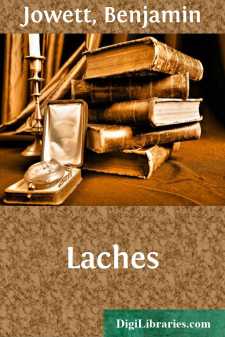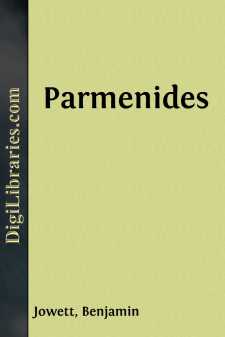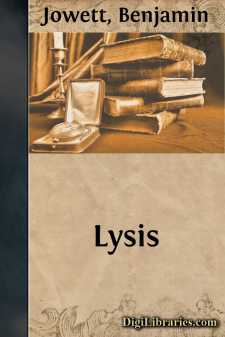Categories
- Antiques & Collectibles 13
- Architecture 36
- Art 48
- Bibles 22
- Biography & Autobiography 816
- Body, Mind & Spirit 145
- Business & Economics 28
- Children's Books 18
- Children's Fiction 14
- Computers 4
- Cooking 94
- Crafts & Hobbies 4
- Drama 346
- Education 58
- Family & Relationships 59
- Fiction 11831
- Foreign Language Study 3
- Games 19
- Gardening 17
- Health & Fitness 34
- History 1378
- House & Home 1
- Humor 147
- Juvenile Fiction 1873
- Juvenile Nonfiction 202
- Language Arts & Disciplines 89
- Law 16
- Literary Collections 686
- Literary Criticism 179
- Mathematics 13
- Medical 41
- Music 40
- Nature 179
- Non-Classifiable 1768
- Performing Arts 7
- Periodicals 1453
- Philosophy 66
- Photography 2
- Poetry 897
- Political Science 203
- Psychology 45
- Reference 154
- Religion 516
- Science 126
- Self-Help 86
- Social Science 82
- Sports & Recreation 34
- Study Aids 3
- Technology & Engineering 59
- Transportation 23
- Travel 463
- True Crime 29
Our website is made possible by displaying online advertisements to our visitors.
Please consider supporting us by disabling your ad blocker.
Laches
by: Benjamin Jowett
Description:
Excerpt
INTRODUCTION.
Lysimachus, the son of Aristides the Just, and Melesias, the son of the elder Thucydides, two aged men who live together, are desirous of educating their sons in the best manner. Their own education, as often happens with the sons of great men, has been neglected; and they are resolved that their children shall have more care taken of them, than they received themselves at the hands of their fathers.
At their request, Nicias and Laches have accompanied them to see a man named Stesilaus fighting in heavy armour. The two fathers ask the two generals what they think of this exhibition, and whether they would advise that their sons should acquire the accomplishment. Nicias and Laches are quite willing to give their opinion; but they suggest that Socrates should be invited to take part in the consultation. He is a stranger to Lysimachus, but is afterwards recognised as the son of his old friend Sophroniscus, with whom he never had a difference to the hour of his death. Socrates is also known to Nicias, to whom he had introduced the excellent Damon, musician and sophist, as a tutor for his son, and to Laches, who had witnessed his heroic behaviour at the battle of Delium (compare Symp.).
Socrates, as he is younger than either Nicias or Laches, prefers to wait until they have delivered their opinions, which they give in a characteristic manner. Nicias, the tactician, is very much in favour of the new art, which he describes as the gymnastics of war—useful when the ranks are formed, and still more useful when they are broken; creating a general interest in military studies, and greatly adding to the appearance of the soldier in the field. Laches, the blunt warrior, is of opinion that such an art is not knowledge, and cannot be of any value, because the Lacedaemonians, those great masters of arms, neglect it. His own experience in actual service has taught him that these pretenders are useless and ridiculous. This man Stesilaus has been seen by him on board ship making a very sorry exhibition of himself. The possession of the art will make the coward rash, and subject the courageous, if he chance to make a slip, to invidious remarks. And now let Socrates be taken into counsel. As they differ he must decide.
Socrates would rather not decide the question by a plurality of votes: in such a serious matter as the education of a friend's children, he would consult the one skilled person who has had masters, and has works to show as evidences of his skill. This is not himself; for he has never been able to pay the sophists for instructing him, and has never had the wit to do or discover anything. But Nicias and Laches are older and richer than he is: they have had teachers, and perhaps have made discoveries; and he would have trusted them entirely, if they had not been diametrically opposed.
Lysimachus here proposes to resign the argument into the hands of the younger part of the company, as he is old, and has a bad memory. He earnestly requests Socrates to remain;—in this showing, as Nicias says, how little he knows the man, who will certainly not go away until he has cross-examined the company about their past lives....












